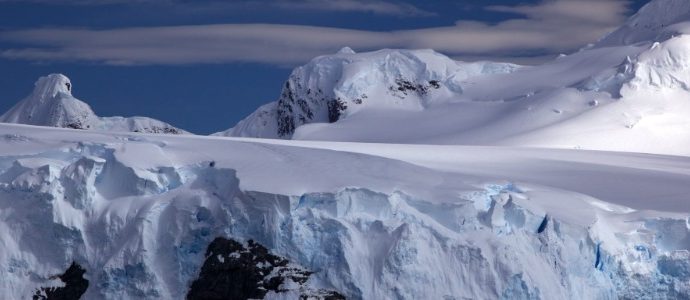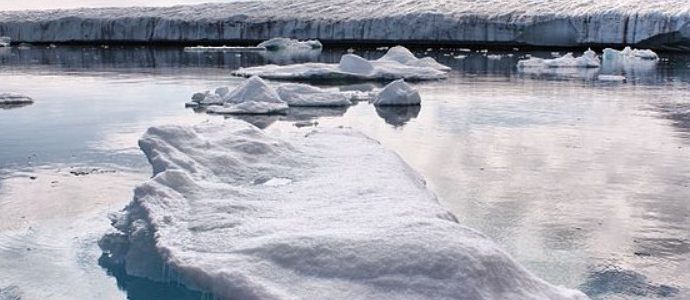In Antarctica, the ‘Doomsday Glacier’ Is Melting Faster Than Assumed, and the World’s Largest Iceberg Is Now Adrift
An enormous iceberg larger than Rhode Island has broken off of Antarctica’s Ronne Ice Shelf, and is now adrift in the Weddell Sea. First spotted by an ESA’s satellite, the state-sized chunk of ice measures in at 170 kilometers (105 miles) long by 25 kilometers (15 miles) wide, making itread more

